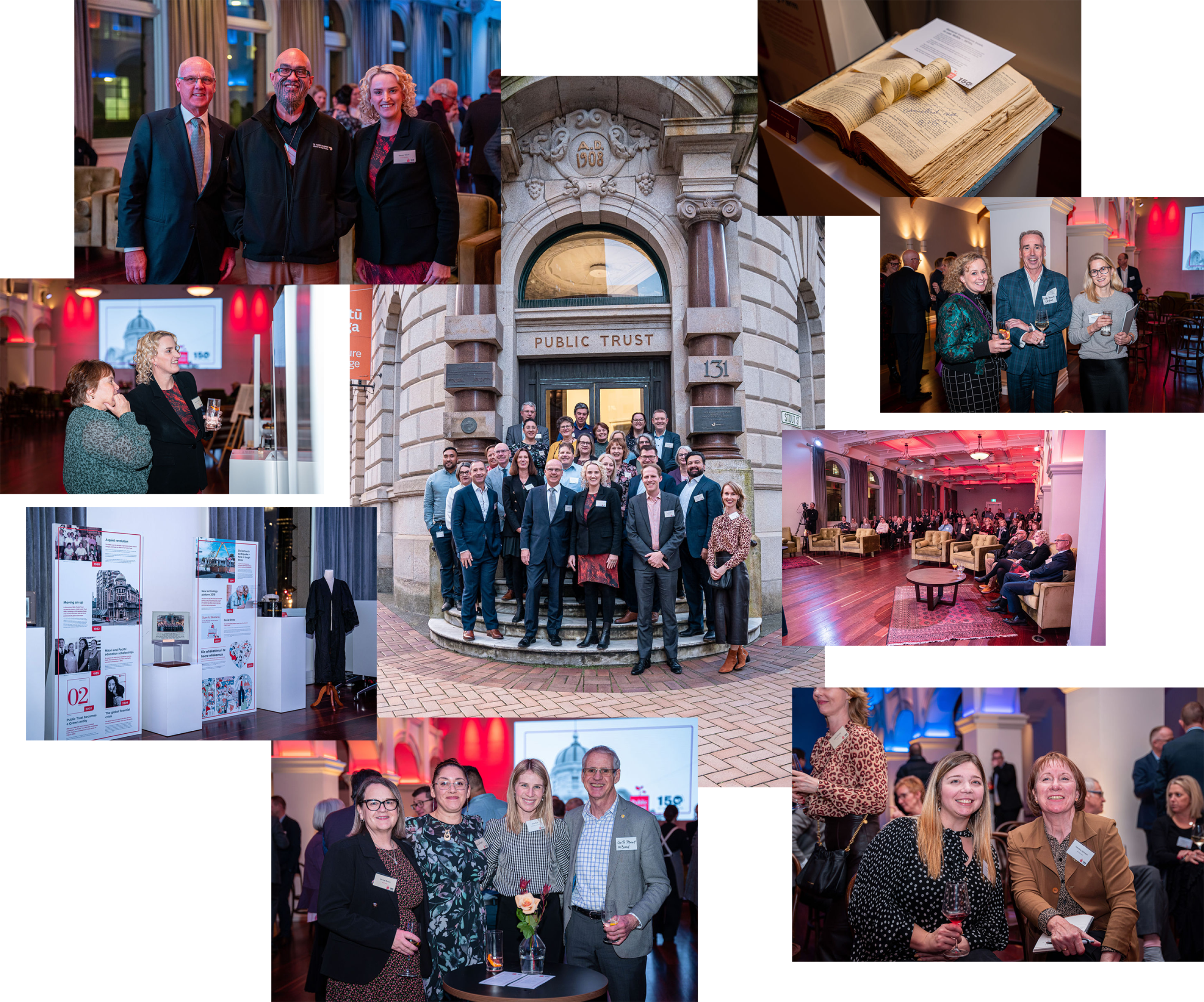Memories over money: Research reveals New Zealanders’ changing attitudes toward legacies
New Public Trust research revealed.
Create a will online
The face of intergenerational wealth in New Zealand is changing, with new research commissioned by Public Trust revealing legacies are more likely linked to connection and values, than money or property for Kiwis.

98 percent of Kiwis surveyed want to leave a legacy.
Although 71 percent of people surveyed say they want to leave a financial legacy, more of us, 85 percent, want to leave an emotional legacy, things like values to live by, happiness, good upbringing.
Leaving something behind helps people and communities thrive – 71 percent claim an emotional benefit from receiving a legacy, which supersedes the 51 percent who received a financial benefit from a legacy.
“It is the combination of financial and emotional legacies that carries through the generations – the mix of values, connection and assets that creates security,” says Public Trust CEO Glenys Talivai.
However, finding this security is getting harder for Kiwis, which makes planning throughout your lifetime – and for once you’re gone – even more important.
One in five people (20%)...
feel they don’t have enough wealth to worry about protecting it and 39 percent say their biggest concern is having enough for their own retirement.
With almost half of New Zealanders...
reporting a level of financial discomfort, our ability to plan for the future is diminishing. Additionally, as we live longer, we leave less financial security as a legacy.
One in five people (20%)...
feel they don’t have enough wealth to worry about protecting it and 39 percent say their biggest concern is having enough for their own retirement.
With almost half of New Zealanders...
reporting a level of financial discomfort, our ability to plan for the future is diminishing. Additionally, as we live longer, we leave less financial security as a legacy.
“Planning is a crucial part of protecting what matters most for those that matter, and we encourage conversations with whānau to help ensure that legacies are passed on as intended,” says Glenys.
However, the majority of us, 57 percent, don’t have any formal protection of the legacies we have received. Of the remaining people surveyed:
17 percent had a legal contract.
9 percent had a will.
6 percent had a prenuptial agreement.
3 percent had a contracting out agreement.

“As Public Trust looks to the next 150 years of serving New Zealanders, we want to share the message that what you leave behind matters, not just for our whānau but also for our wider community. Passing on money and assets can have a positive impact, but the values, stories and taonga that we pass on also have an effect that ripples down through generations,” says Glenys.
“People who take time to consider their legacies and put something in place to ensure that what matters goes to the people that matter can make a huge difference for the future. We encourage Kiwi to have conversations with their whānau about their intentions and then follow this up with good advice on getting the right planning in place.
“For those of us who support the financial wellbeing of New Zealanders, the research reinforces the value of ensuring we have the systems in place that enable legacies to be passed on so our communities can thrive.”
About the research
Public Trust NZ is celebrating 150 years of helping Kiwis. Born out of a desire to protect society’s most vulnerable people, we are now New Zealand’s largest provider of estate planning and management services. As we move into a new era, this research and the insights from it will help inform our strategy to ensure New Zealanders are provided with products and services that best serve their needs.
To better understand and quantify New Zealanders attitudes and actions around intergenerational wealth, Public Trust commissioned TRA to undertake a quantitative survey of more than 1,000 Kiwis 18 years and over.
